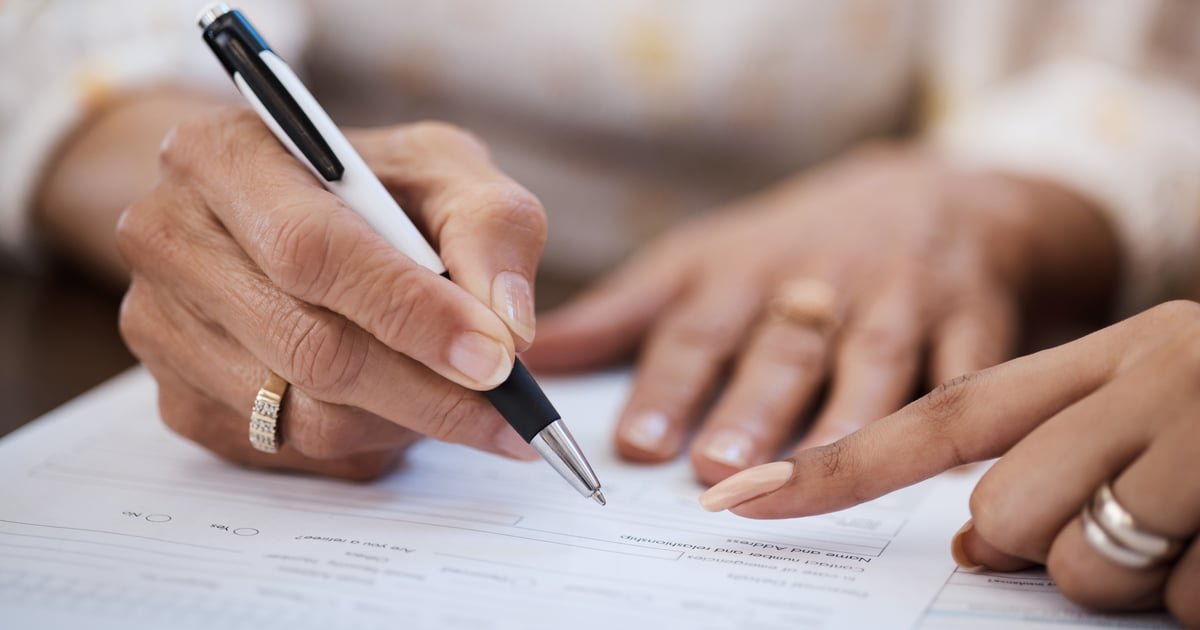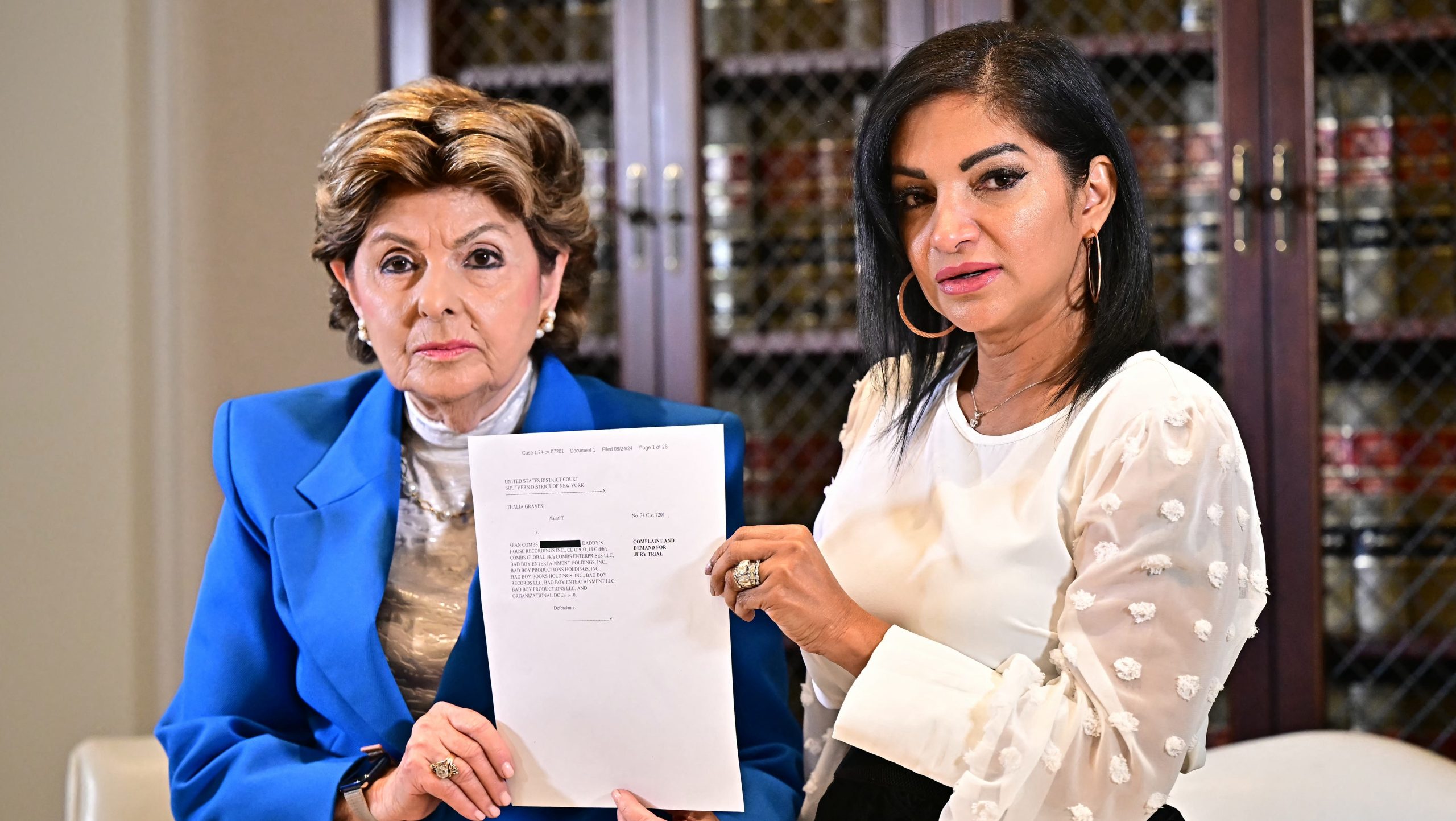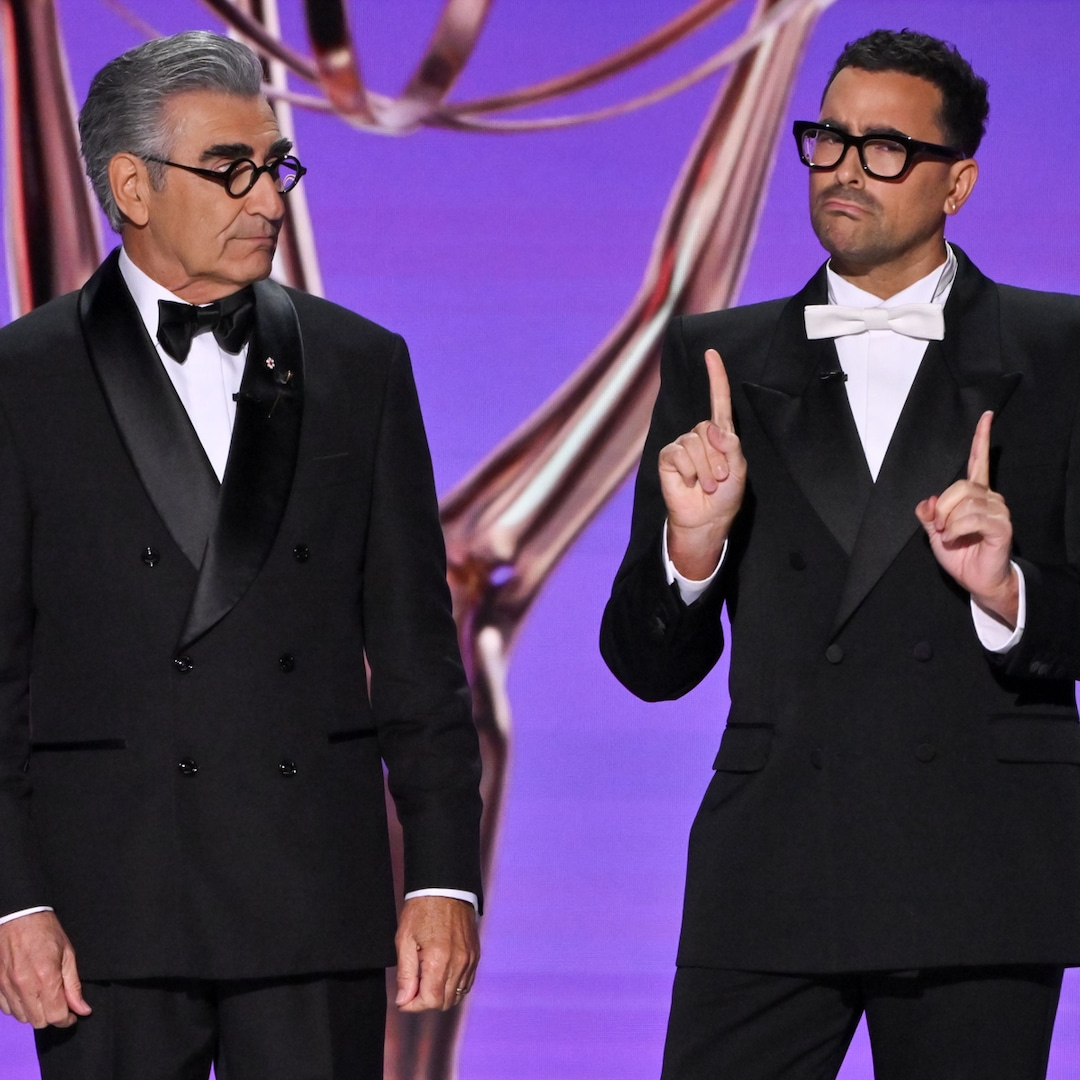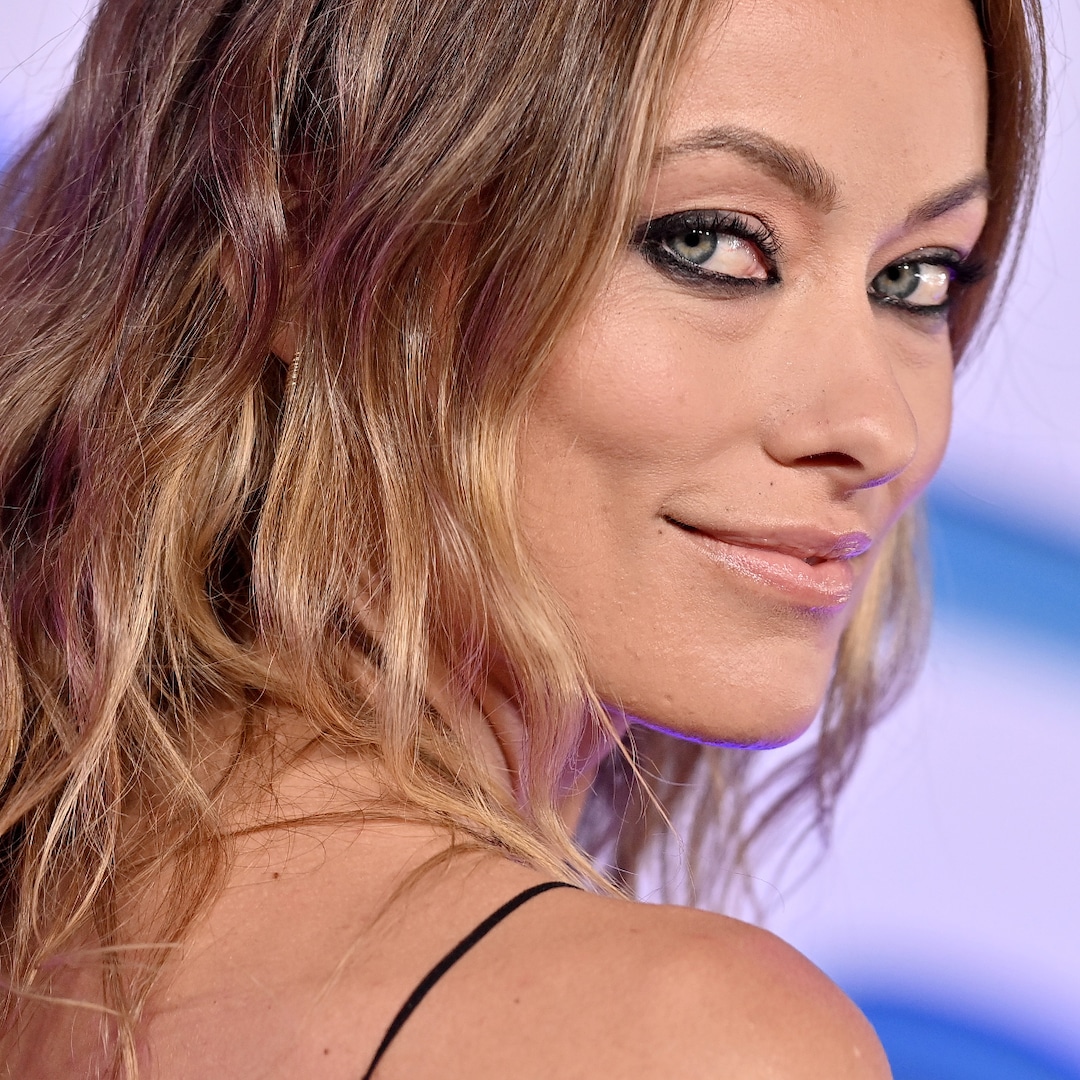A few years into my relationship with my partner, we both listened to an episode of “This is Uncomfortable,” a podcast that dives into stories about how money affects relationships. In this particular episode, a couple drafts their prenup in the months leading up to their wedding, and realizes that doing so doesn’t mean that they don’t believe that their relationship will last — they just want to have protections in place if their marriage ends. Listening to this episode was the catalyst for me and my partner to talk about prenups and agree that we both wanted one. But at that point, we didn’t know what the process would look like as a queer couple.
During our five-year relationship, I had started a freelance-writing business and been diligently saving and investing, and I knew that I wanted to protect these assets. My partner had a car that was hers to keep, and also wanted to retain the earnings from what she had saved.
So after we got engaged, we started the process for drafting a prenup. We each sought legal representation, but as we filled out intake forms, it became apparent how heteronormative the process could be.
We didn’t want to rely on traditional gender roles to decide what financial fairness looked like for us.
After a consultation call with a lawyer, I opened my inbox to find an intake form with fields for the “husband” and “wife,” something that didn’t fit the bill for us as two future wives. The anger I felt was so deep — I was already navigating a new process for the first time, and now I had to explain to the lawyer why this intake form made me feel like there was no place for me. We didn’t want to rely on traditional gender roles to decide what financial fairness looked like for us — my partner and I were both high earners who planned on continuing our careers and didn’t plan to have kids.
Thankfully, I discovered Mehera Nori, owner and principal attorney at Pride Law PLLC, a queer, BIPOC-owned law firm, who ended up representing my partner in the process of drafting a prenup. She reminded us that we were valid in wanting one in the first place. Queering the prenup process meant that we could show how much we deeply cared for each other, even in conversations where we had to discuss what separation would look like.
As Nori explained, a prenup wasn’t meant to protect one partner over another, and it didn’t mean we loved each other any less. It was a way for both of us to protect assets that mattered to us. This countered the narrative that often came up in our initial research about prenups, which was typically catered to women, encouraging them to protect themselves from their future husbands.
With Nori’s help, we were ultimately able to draft a prenup that made sense for us. Here’s what we learned and what to consider if you’re looking into prenups as a queer couple.
Experts Featured in This Article:
Mehera Nori is the owner and principal attorney at Pride Law PLLC, a queer, BIPOC-owned law firm.
Deciding If a Prenup Was Right For Us
Nori helped me and my partner understand that a prenup is an opportunity for a couple to decide how assets are separated in the event of separation or death. My partner and I live in a state with community property laws, which means that assets would be split equally if I didn’t have a prenup. That didn’t feel quite right to us, because we had assets that felt like they were wholly ours.
“Before you even draft a prenup, it helps to understand how your state views communal property and how it could be divided in the event of separation or death,” Nori says. “Most assets stay separate, but some can be shared or claimed by one person if both partners contributed during the relationship.”
There are also some unique aspects of prenups for queer couples who plan to have a family together. For example, Nori says that a prenup can be used to denote how genetic materials like embryos are treated in the event of separation. If this applies to you, connect with a family lawyer in your state to learn more about the intricacies of what to consider.
Nori also acknowledges that a prenup might not be right for every couple, especially if both partners are on equal footing in terms of earnings or assets.
“You can start by having open conversations about your monetary and non-monetary contributions, and how you share access to assets,” she says. “If things change, there is also always an opportunity to draft a postnuptial agreement or other agreement.”
Defining Fairness on Our Own Terms
Before we were even engaged, my partner and I talked regularly about what our personal finances looked like: our savings, any debt, and spending habits according to our values. That was only the beginning — when drafting the prenup, we had to track and share the value of all of our assets, potential inheritances, and any debts we were currently paying off. We also had to talk about spousal support and how much we’d give each other, if any, in the event of separation.
When we didn’t split things 50/50, we found ways to divide assets in a way that felt right to us. In our case, we decided that in the event of separation, I would get back the entire down payment on our home because I had initially paid it entirely out of pocket, and we’d split the profits on the sale of our home proportional to our income.
“A prenuptial agreement should be fair and equitable to both parties, and that doesn’t have to be 50/50,” Nori says. “What matters is that the document was drafted fairly and both partners were transparent about their assets, and each party has consulted with separate attorneys and had enough time to review it and have an attorney advise them before signing.”
Although a prenup may not be a place to focus on non-monetary contributions like childcare, management of finances, and home tasks, Nori says it’s still worth a conversation between both partners about how these responsibilities are shared. Talking about them can help both partners understand how they contribute to the relationship in seen and unseen ways. “I sometimes encourage couples to create a value statement to remind themselves why they are making this document, and why they want each person to be treated fairly,” she suggests.
Everyone divides their assets and responsibilities in their own way. But in a changing political landscape, Nori says it’s important for queer couples to be aware of how a state may treat an existing prenup if same-sex marriage is overturned in the US. A marriage or spousal contract can be a way queer couples can protect themselves and their futures.
Once my partner and I drafted our prenup, we felt prepared to enter into our marriage with a document that we never hoped to use, but are glad we have. A prenup might not be right for everyone, but it’s always worth a conversation whether it’s right for you.
“There are a lot of ways that people can build wealth, and it’s worth protecting,” Nori says. “It can be hard to push against that narrative that you have to share everything with your partner, and it’s important to remember that a prenuptial agreement is intended to protect financial assets and doesn’t govern the day-to-day aspects of your relationship.”
Aleenah Ansari is a queer Pakistani writer based in Seattle. She covers travel, entrepreneurship, mental health and wellness, and representation in media for PS, Insider, The Seattle Times, Byrdie, and more.



